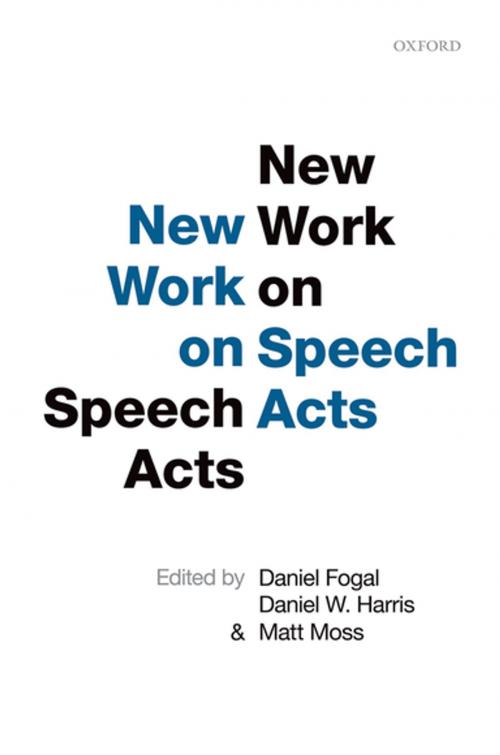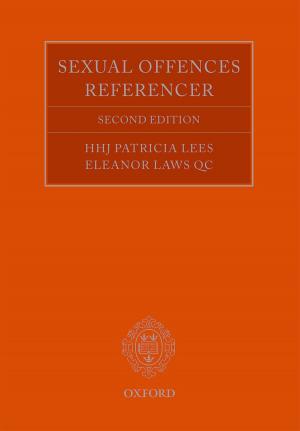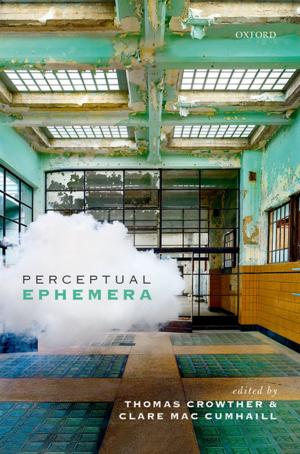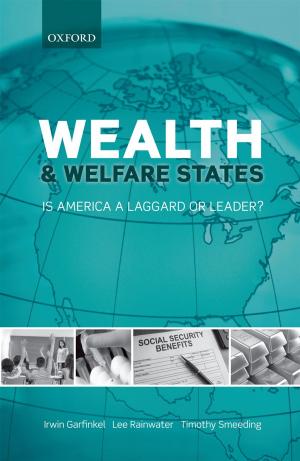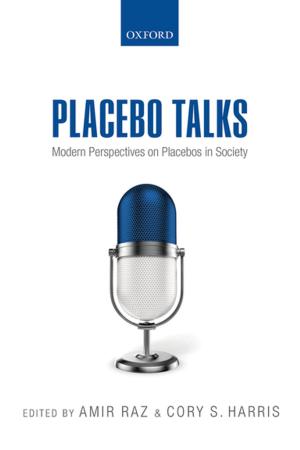New Work on Speech Acts
Nonfiction, Reference & Language, Language Arts, Linguistics, Religion & Spirituality, Philosophy| Author: | ISBN: | 9780191059025 | |
| Publisher: | OUP Oxford | Publication: | July 12, 2018 |
| Imprint: | OUP Oxford | Language: | English |
| Author: | |
| ISBN: | 9780191059025 |
| Publisher: | OUP Oxford |
| Publication: | July 12, 2018 |
| Imprint: | OUP Oxford |
| Language: | English |
Speech-act theory is the interdisciplinary study of the wide range of things we do with words. Originally stemming from the influential work of twentieth-century philosophers, including J. L. Austin and Paul Grice, recent years have seen a resurgence of work on the topic. On one hand, a new generation of linguists, philosophers, and cognitive scientists have made impressive progress toward reverse-engineering the psychological underpinnings that allow us to do so much with language. Meanwhile, speech-act theory has been used to enrich our understanding of pressing social issues that include freedom of speech, racial slurs, and the duplicity of political discourse. This volume presents fourteen new essays by many of the philosophers and linguists who have led this resurgence. The topics span a methodological range that includes formal semantics and pragmatics, foundational issues about the nature of linguistic representation, and work on a variety of forms of indirect and/or uncooperative speech that occupies the intersection of the philosophy of language, ethics, and political philosophy. Several of the contributions demonstrate the benefits of integrating the methodologies and perspectives of these literatures. The essays are framed by a comprehensive introductory survey of the contemporary literature written by the editors.
Speech-act theory is the interdisciplinary study of the wide range of things we do with words. Originally stemming from the influential work of twentieth-century philosophers, including J. L. Austin and Paul Grice, recent years have seen a resurgence of work on the topic. On one hand, a new generation of linguists, philosophers, and cognitive scientists have made impressive progress toward reverse-engineering the psychological underpinnings that allow us to do so much with language. Meanwhile, speech-act theory has been used to enrich our understanding of pressing social issues that include freedom of speech, racial slurs, and the duplicity of political discourse. This volume presents fourteen new essays by many of the philosophers and linguists who have led this resurgence. The topics span a methodological range that includes formal semantics and pragmatics, foundational issues about the nature of linguistic representation, and work on a variety of forms of indirect and/or uncooperative speech that occupies the intersection of the philosophy of language, ethics, and political philosophy. Several of the contributions demonstrate the benefits of integrating the methodologies and perspectives of these literatures. The essays are framed by a comprehensive introductory survey of the contemporary literature written by the editors.
